Hello,
Yikes. What a roller coaster.
Ok. So probably no one is going to like my advice, but here it is.
I do not get upset by a little prolapse. Kittens push really hard after diarrhea bouts. They just do. Resolve the diarrhea with the fecal check and a gradual transition to a good diet. If still having diarrhea I try panacur or metronidazole for just a few days.
The kitten tells you what to do from there. If playful and happy I manage the prolapse with belly massage and exercise. I am very very reluctant to add a purse string. Too pain and they start to push even harder.
If I have to purse string it is only for old cats. Or for puppies. But you often have to place it and then remove it 3 days later. And then replace it again. Often it takes two or three times. And no one ever wants to do it that often. So. I just try to avoid it in the first place.
Kittens heal soo fast. Just give them a chance .






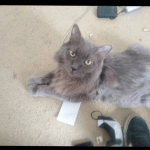
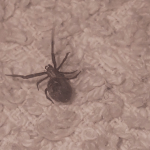



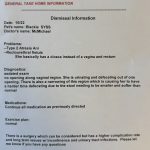




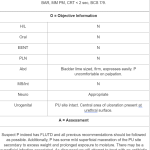
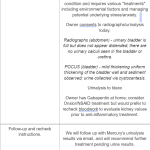
Hello,
I’m sorry to hear about your cat.
In my experience constipation in cats is always secondary to something else. And in fact very few are actually constipated. It is absolutely imperative that someone competent palpate your cats abdomen or take an Xray to confirm the constipation before you treat for it. People always think it’s constipation and it’s usually poor dietary intake, cachexia or poor muscle mass and usually a few other things.
Constipation in cats feels like a colon full of hard distended feces. This should be confirmed by a rectal exam. The problem with getting this diagnosis incorrect is that all of the things you try to treat it will make everything else inherently worse. Do not give your cat anything until you confirm this and figure out why it happened.
My guess might be you don’t have the diabetes adequately controlled and therefore you are losing muscle mass. This includes the gi tract which can no longer push feces out of the body.
Please find a vet you trust for your cats care.